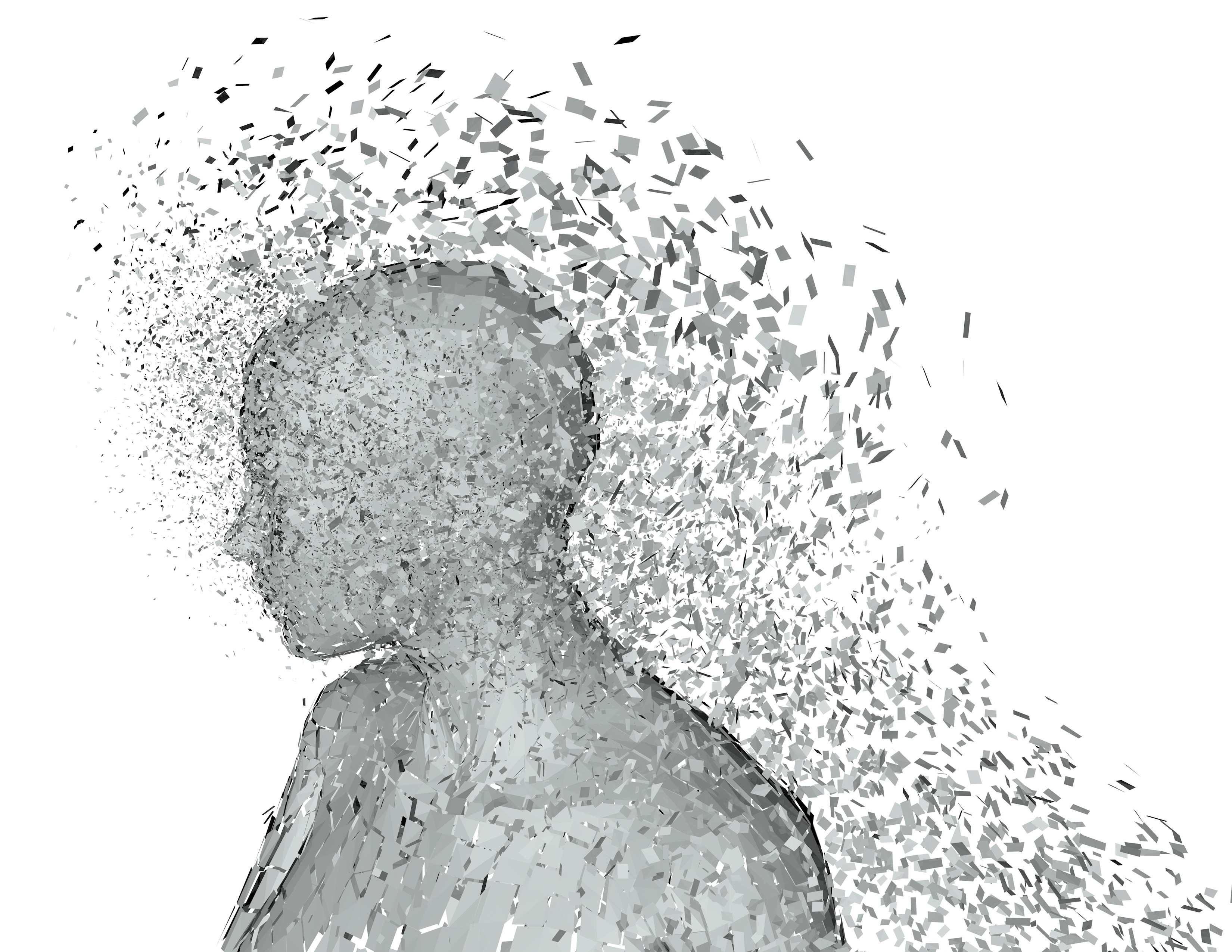
Understanding and Treating Persistent Pain through Predictive Processing and Embodied Cognition
with Josh Fein-Brown M.Ost, M.Sc, ND and Danny Orchard M.Ost, M.Sc
- Course Dates:
25–26 April | 30–31 May | 27–28 June
Location: Core Clapton, 161 Northwold Road, London, E5 8RL
Price: Standard price per weekend£300 - 3 weekends package discount £750 - Student discount price per weekend £250- 3 weekends package discount £600
- NOTE: To attend weekend 2 and 3 you MUST have attended weekend 1.
Course Content
We live in a world full of pain, yet we rarely see pain for what it truly is: a vital messenger. Pain isn’t our enemy. It is the body’s way of protecting us, asking us to listen, and guiding us back to ourselves. But modern life has taught us to fear pain, to numb it, to fight it. This is a conflict that only deepens our suffering.
- Ever struggled to make sense of a patient’s pain?
- Wondered how someone can hurt so deeply without identifiable damage?
- Notice how the patient’s psychology seems to play a huge part in their suffering?
This weekend course is an invitation to reframe your relationship with pain. Drawing on the latest neuroscience and psychological models, we’ll explore pain not simply as a physical sensation, but as a complex, perceptual experience shaped by the body, beliefs, context, memory, and emotion.
When we begin to understand the language of pain, we can better support our patients and ourselves with clarity, compassion, and courage. This course is not just about clinical tools; it’s about relearning how to listen. It’s about building safety, restoring trust in the body, and transforming how we practise osteopathy in the 21st century.

Weekend 1 - Pain as Perception - Predictive Processing and Embodied Cognition
This weekend will introduce the cutting-edge neuroscience of pain and perception. We will cover pain physiology, embodied cognition, the predictive processing model and how these models can transform our clinical practice.
Day 1:
- What is Embodied Cognition? Debunking the brain-centric ‘brain in a jar’ concept andwhy it matters for osteopaths
- Understanding neuroplasticity and the lifelong ‘learning’ of pain
- Predictive processing - anticipating reality. How our brains arealways one step ahead of us
- Are we really in control? – Practical demonstrations of body-self-perception and altered pain perception
Day 2: The Inner Experience of Pain
- The sixth sense: Interoception and its role in chronic pain
- How attention, context, and belief shape pain experiences
- What about trauma? How psychological and social factors impact pain persistence
- Translating neuroscience into clinical conversations: beyond structure and towards meaning

Weekend 2: Pain Assessment - From nociplastic to neuropathic
This weekend we dive deep into the nitty gritty of pain mechanisms, how to assess them andhow to apply it with patients. Looking at the different ways pain changes the nervous system, the immune system and the musculoskeletal system. This is essential for being able to differentiate between the acute pain of tissue damage and the complexities of chronic pain and be precise with our diagnosis and treatment. The mornings we will learn the theory; in the afternoons we will be applying this with real patients in the clinic.
Day 1:
- From harm to hurt – differentiating between nociceptive and neuroplastic (nociplastic) pain and how to move your patient from one belief to the other
- The path most trodden - central sensitisation and long-term learning – how to spot this in your case history
- From leg pain to numbness - understanding the physiology of neuropathic pain (and when it’s really sensitisation in disguise)
- Healing the nervous system – understanding how the neurophysiology of pain changes in persistent pain, and how we can influence it therapeutically with the assessment alone.
- Putting it all together – Supervised clinical practice withchronic pain patients.
Day 2:
- Bogginess to stiffness - how neuroimmune crosstalk explains so much of what we palpate
- The pain gate and spinal cord adaptations in central sensitisation (understanding one way our hands promote peace in the tissues)
- How our clinical tests might not be reflecting what we were led to believe. Improved explanations for clinical findings – practical demonstration and practice
- Putting it all together – Supervised clinical practice with chronic pain patients.
Weekend 3: Treating Pain - An integrated approach.
This weekend will be dedicated to the practicalities of applying the neuroscience in clinic.You will gain practical experience of novel approaches to the management of persistent pain, including mindfulness, pain neuroscience education and cognitive re-appraisal. With live examples and case presentations we will be teaching techniques of communication, practical hands-on neuromodulation, and principles of successful pain treatment.
Day 1:
- To understand how hands on osteopathic techniques may be used to influence the nervous system – moving away from ideas about changing structure and towards long term change
- Effective exercise prescription – using functional principles and orienting patients towards their values – how to use exercises for behavioural change.
- Relaxation techniques and their underlying mechanisms
- Putting it all together – Supervised clinical practice with chronic pain patients.
Day 2:
- Active listening – how to step into the patients’ shoes and why this is important for pain
- Cognitive re-appraisal of pain – practical demonstrations
- Putting it all together – Supervised clinical practice with chronic pain patients
- Discussion and takeaways
Who is this course for?
This course is designed for:
- Osteopaths and manual therapists seeking a deep understanding of pain and chronic pain in particular
- Clinicians curious about how to practically apply neuroscience and psychology to manual practice
- Practitioners ready to move beyond structural models toward a holistic, biopsychosocial approach
Whether you’re experienced or early in your journey, this course will offer insights to transform your clinical practice and deepen your capacity to support people living with persistent pain.


